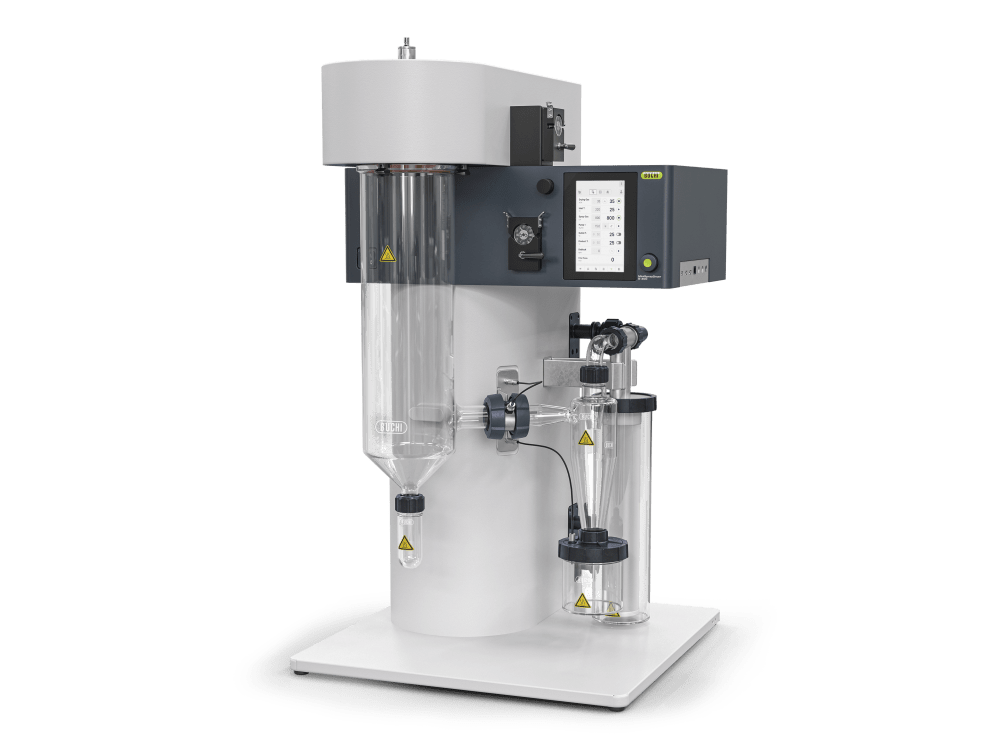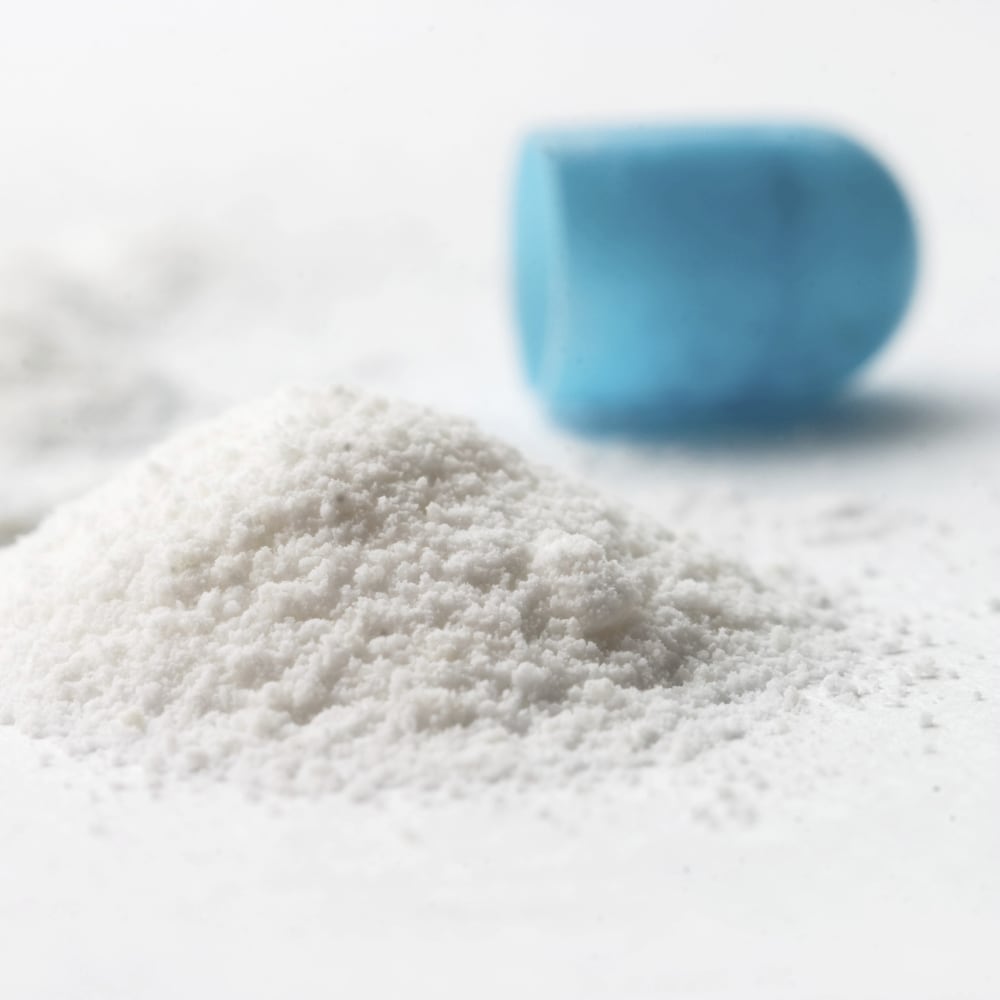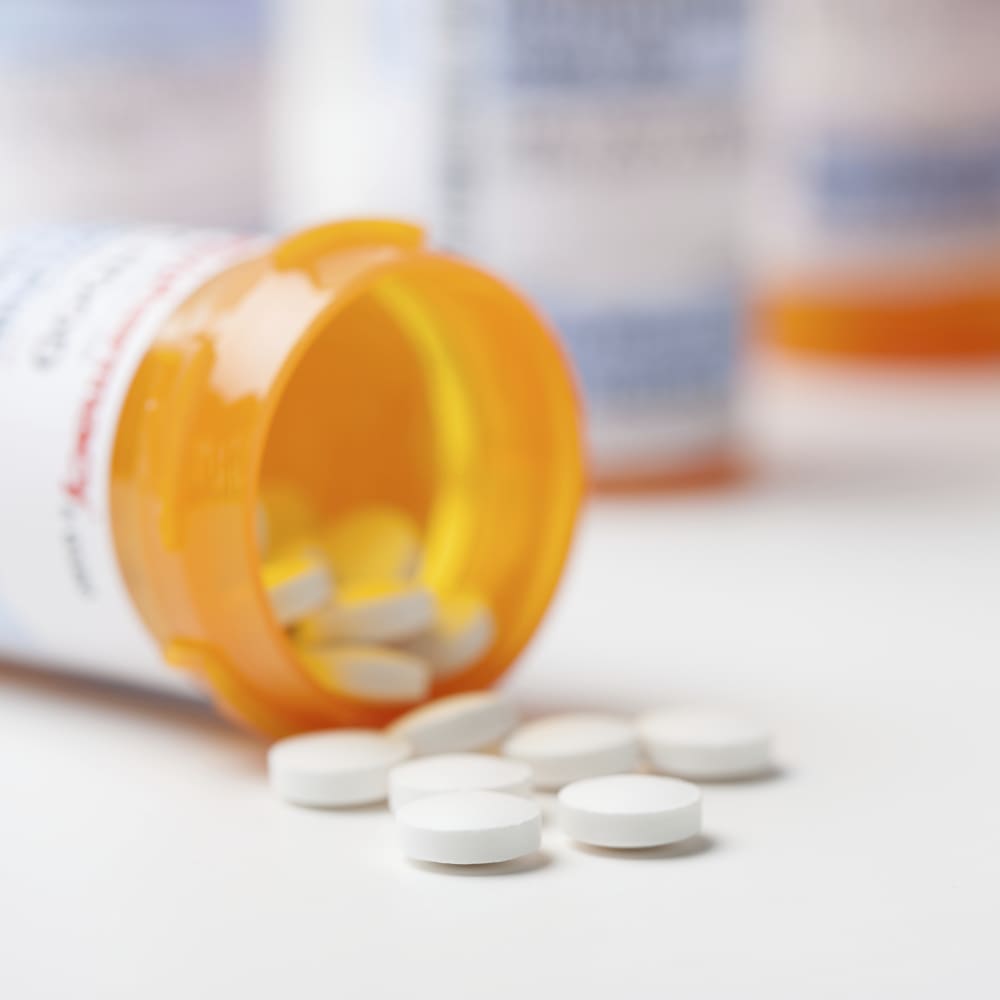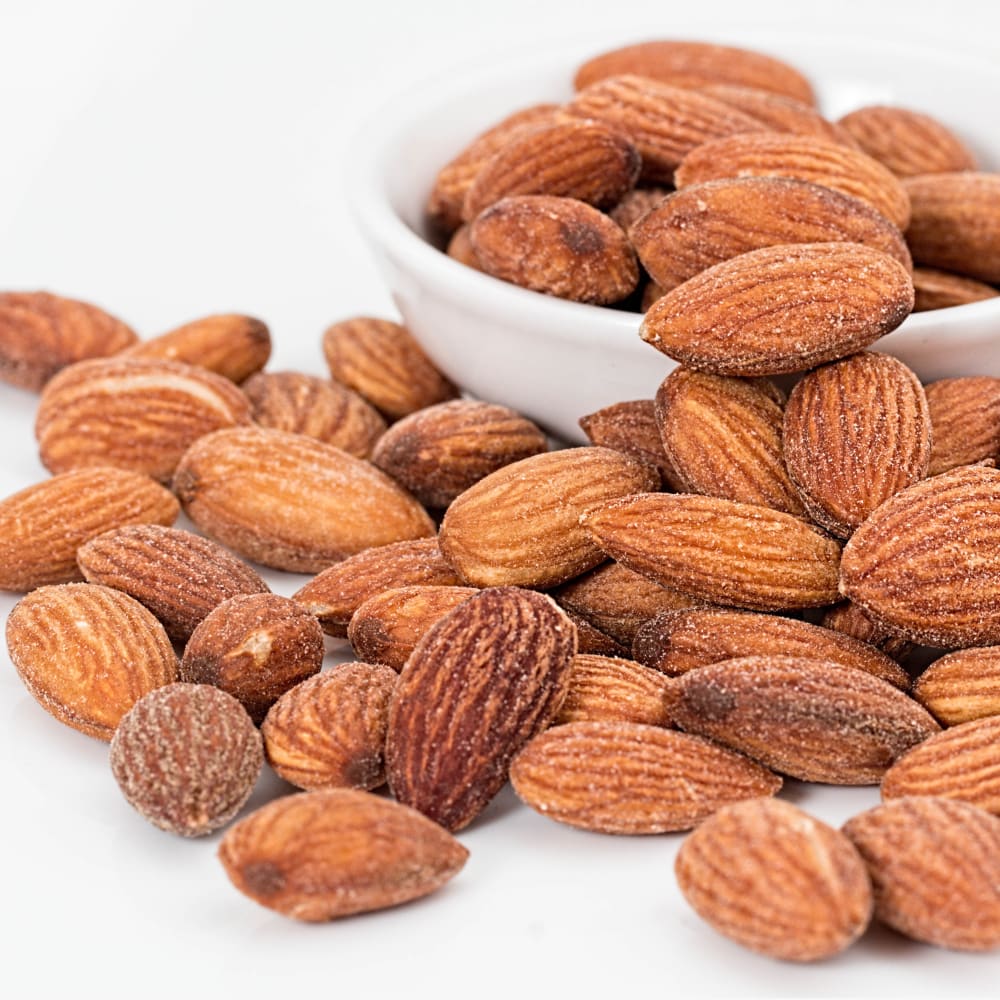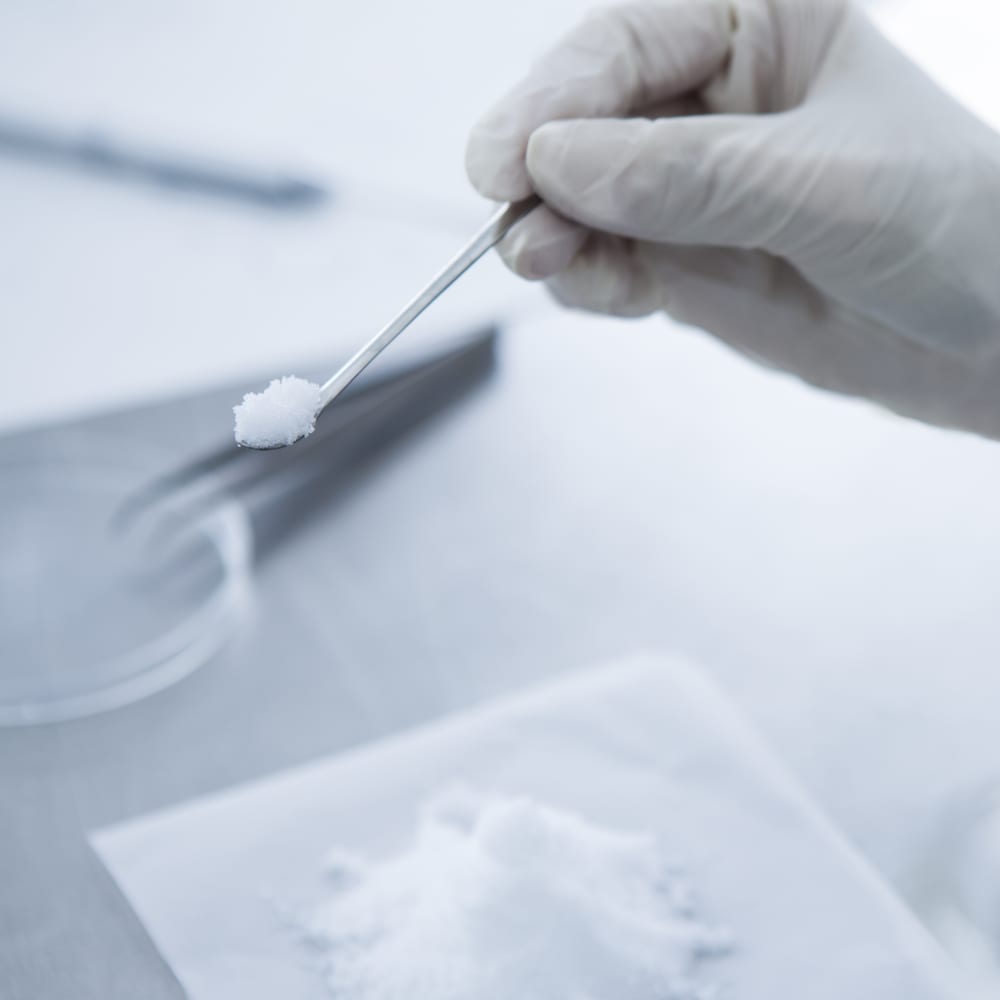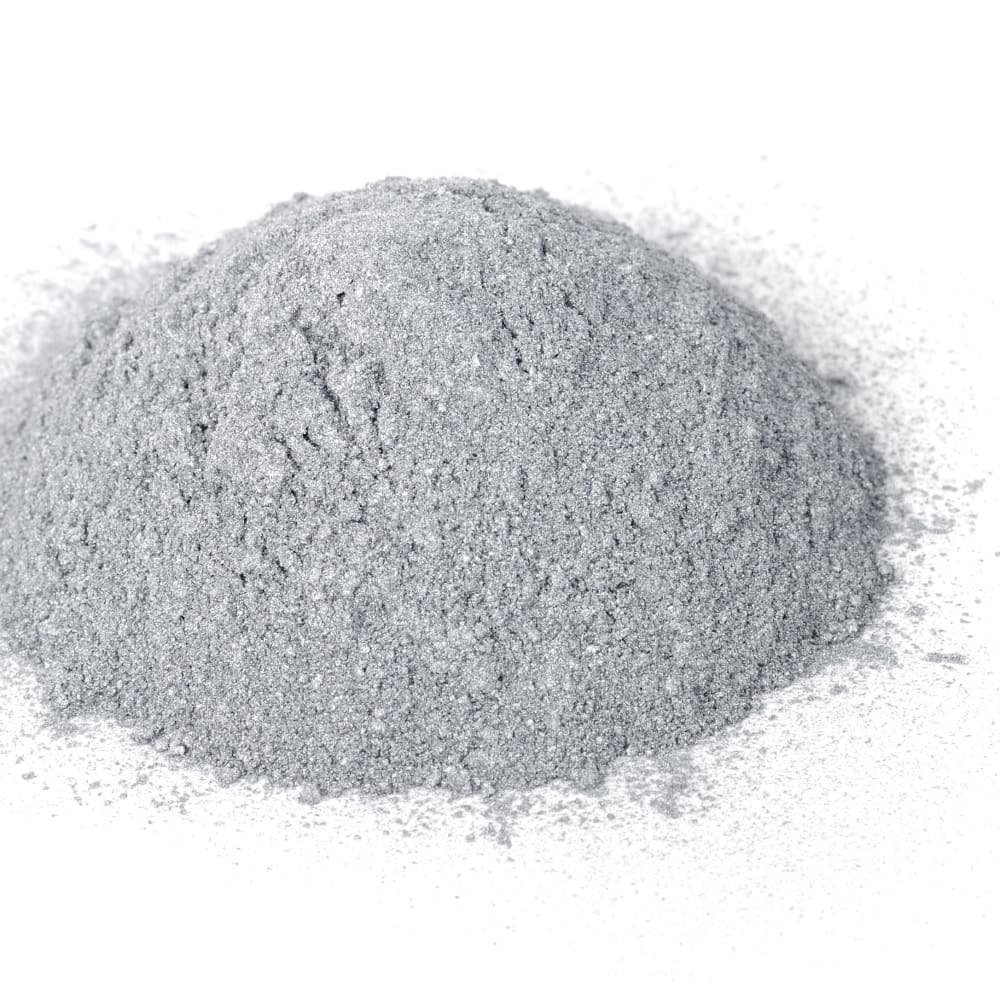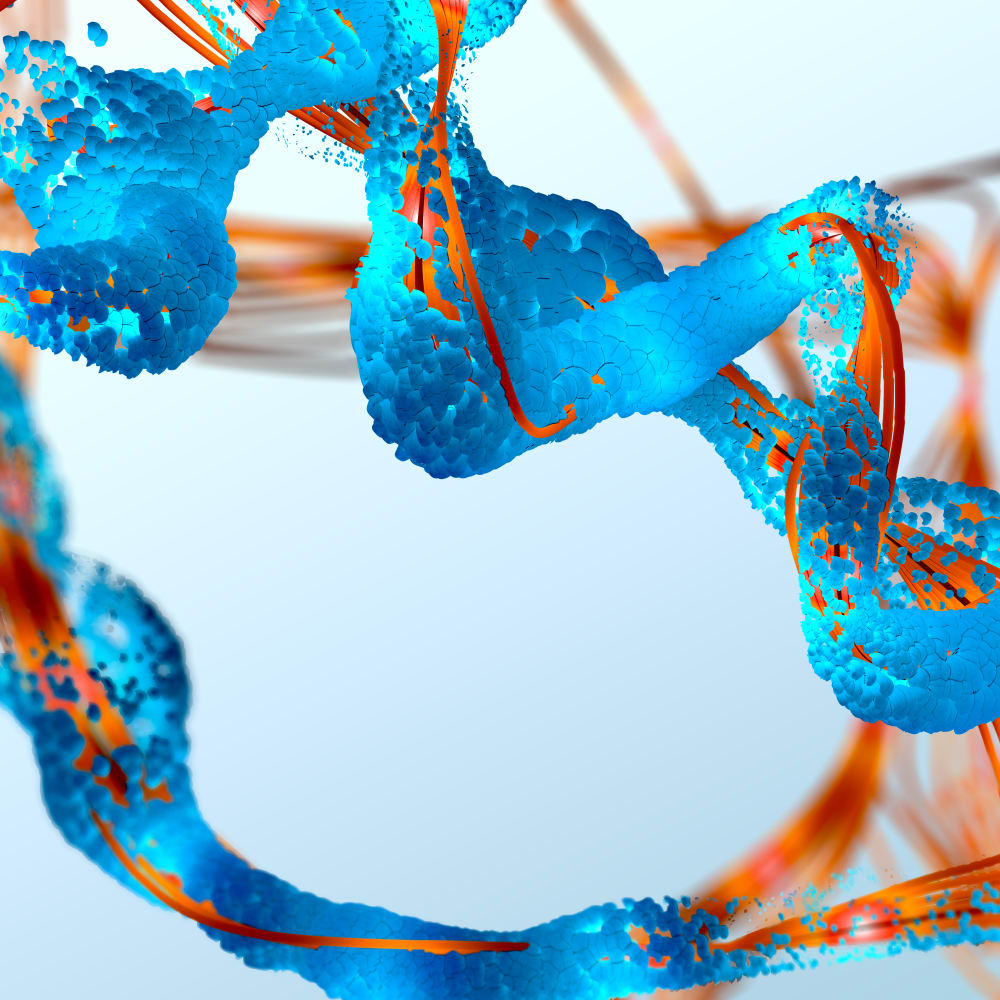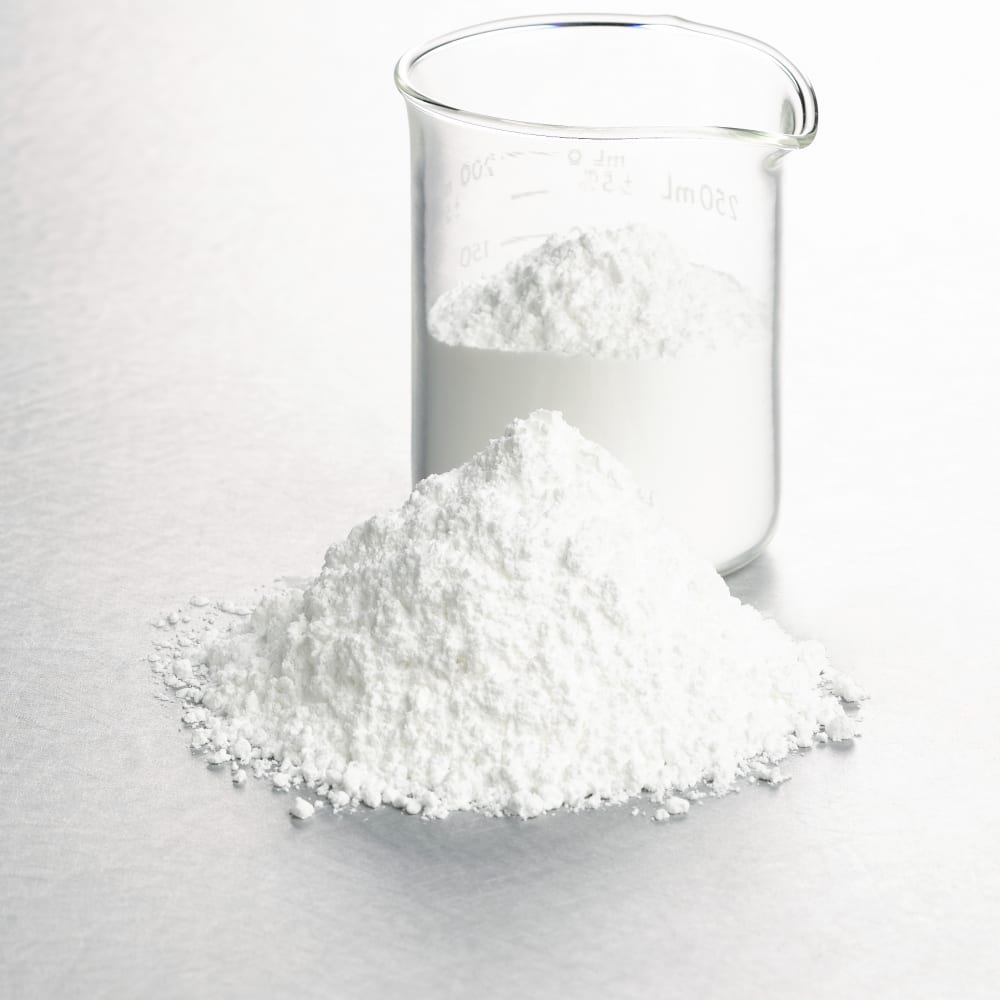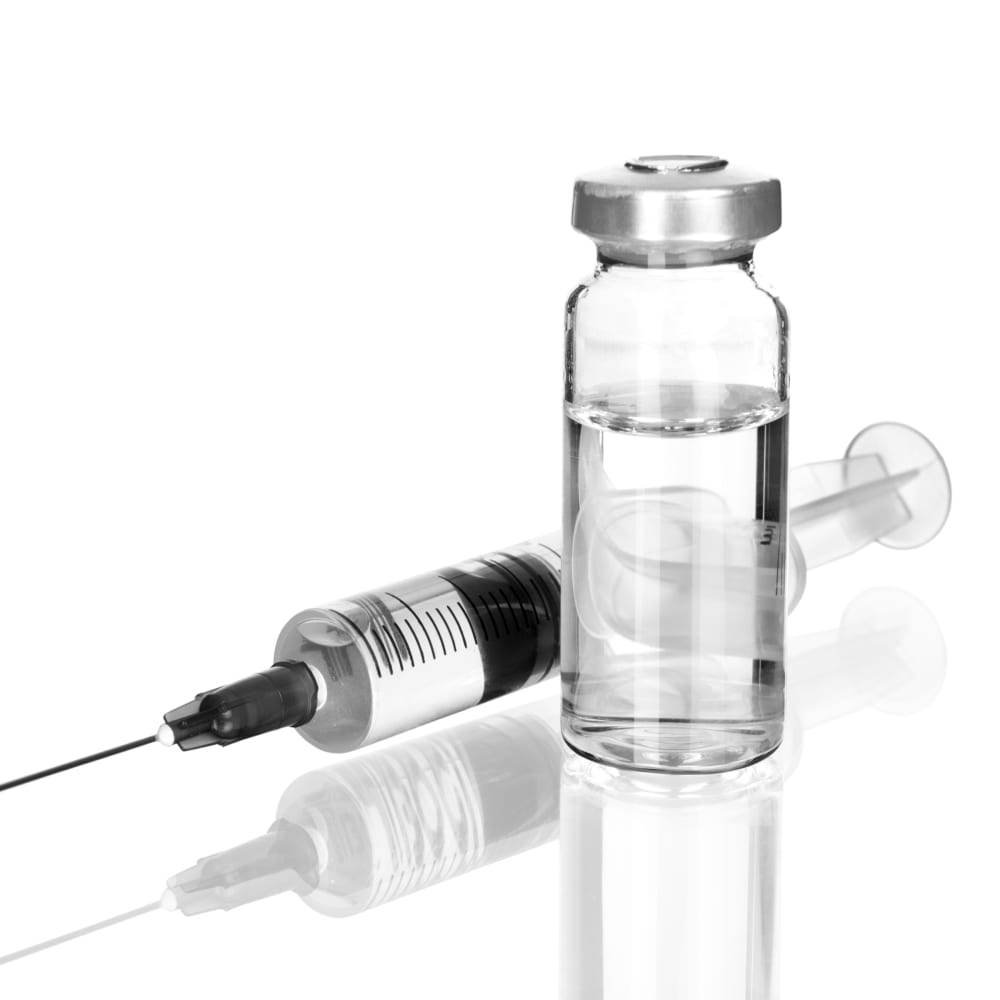Spray Drying of Naproxen
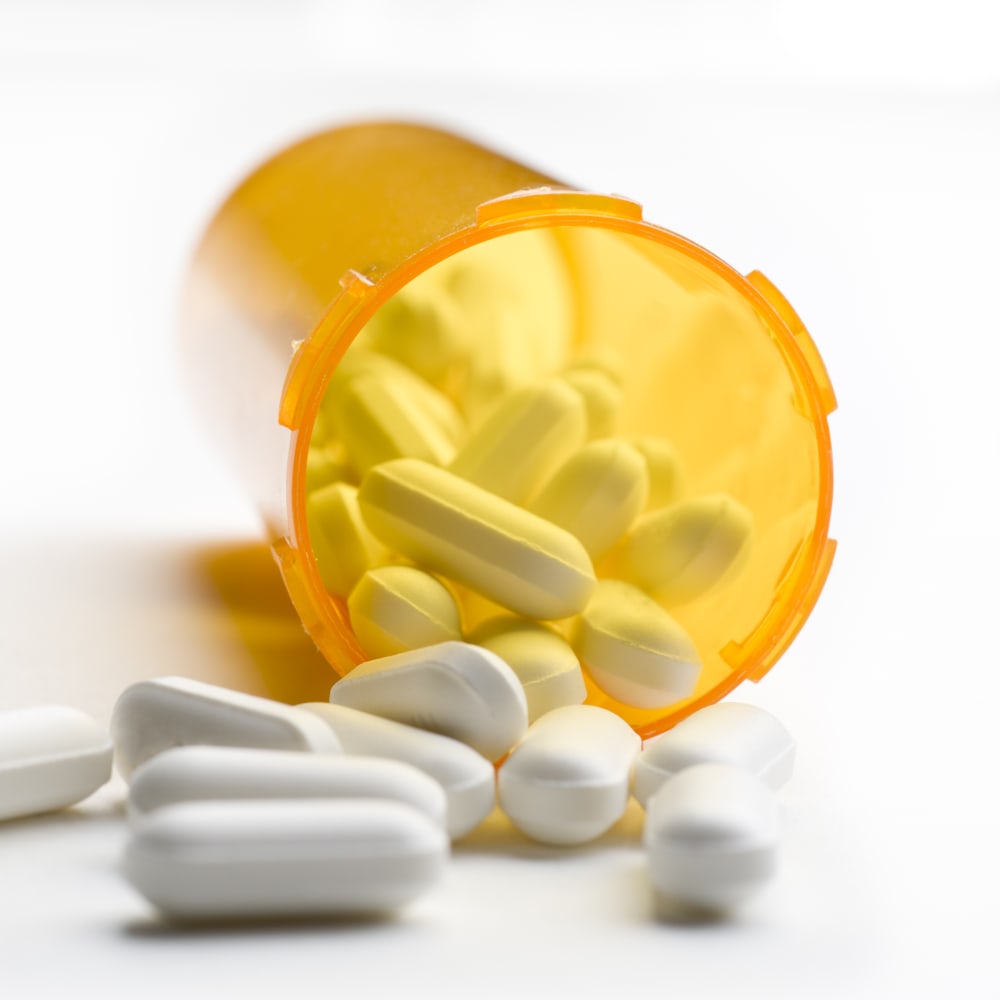
Spray drying is a process used to transform a liquid into a dry powder form. Naproxen is a non-steroidal anti-inflammatory drug (NSAID) used to treat a variety of conditions, including arthritis, menstrual cramps, and acute pain. Spray drying of naproxen has been extensively studied in recent years as a means of improving the drug's solubility, bioavailability, and stability.
The process of spray drying involves atomizing a solution of naproxen into a stream of hot gas, which evaporates the solvent and leaves behind a fine powder. The resulting naproxen powder is highly dispersible and can be easily formulated into various dosage forms such as tablets, capsules, or oral suspensions.
Spray drying of naproxen has been used in a variety of applications, including the production of dry powder inhalers for respiratory drug delivery, the formulation of fast-dissolving tablets, and the creation of targeted drug delivery systems. The process has also been used to improve the stability of naproxen and to reduce the drug's gastrointestinal side effects.
In summary, spray drying of naproxen is a promising technology that has the potential to improve the efficacy, safety, and convenience of this important NSAID. Its applications extend to many different areas of drug delivery, including oral, respiratory, and targeted delivery systems.
Please see the application note No. 587 for starting parameters, formulations and some results.

